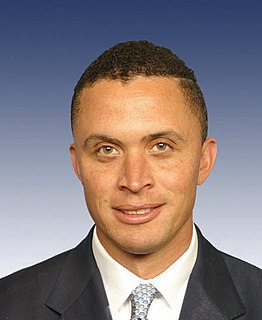A Quote by Ben Bernanke
Under current law, on January 1, 2013, there's going to be a massive fiscal cliff of large spending cuts and tax increases.
Related Quotes
Sometimes, tax rate increases create the very problems that the spending is intended to cure. In other words, the tax rate increases reduce economic growth; they shrink the pie; they cause more poverty, more despair, more unemployment, which are all things government is trying to alleviate with spending.



































